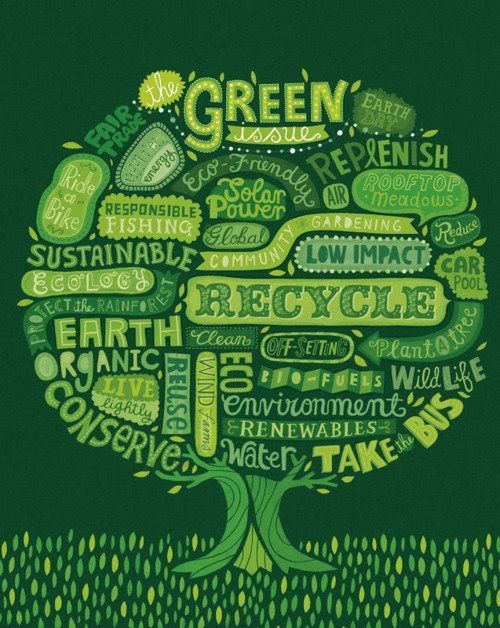Green good news shoots from Britain

/ BLIMEY BLIGHTY

“If liberty means anything at all, it means the right to tell people what they do not want to hear”
– George Orwell
Two pieces of green good news from Britain. Only one is a direct result of Brexit.
On February 1, Britain decided to ban bottom trawling, the fishing technique that allows enormous nets to be dragged along the bottom of the sea, in a protected area of the North Sea.
This is to be welcomed and will allow, as Environment Secretary George Eustice said, the Dogger Bank area to be “a healthy, thriving and sustainable marine environment”. Dogger Bank is a protected zone under the European Union (EU) Habitats Directive and is shared by the UK, Denmark, Germany and the Netherlands.
Mr Eustice emphasised (as might be expected by a minister in Boris Johnson’s government) that this was all happening because “now that we have left the [EU] Common Fisheries Policy, we are able to deliver on our commitment to achieve a healthy, thriving and sustainable marine environment.”
In this case, it’s true. Had Britain still been part of the EU, it couldn’t have taken this action on Dogger Bank. The EU has resisted stricter rules against bottom trawling, which environmental groups say damage the seabed and biodiversity.
The second green development is that Britain’s first hydrogen-powered homes are to be built in Gateshead. They will be ready by April and as the country’s first dwellings with boilers and hobs that run on hydrogen rather than fossil fuel gas, they are expected to “showcase” Britain’s low-carbon future.
But will Britain’s future be truly low-carbon?
It could, if done right, if Prime Minister Boris Johnson puts the plans in place to live up to his zippy slogan “build back better”.
I’ve long thought that Britain should borrow an idea or two from Finland, which worked on a strategic and successful plan over a 30-year period to change the country’s health profile. As a 2005 Guardian special report put it, Finland went “from fat to fit”. How did it manage that?
Here’s how. “All forms of tobacco advertising were banned outright. Farmers were all but forced to produce low-fat milk or grow a new variety of oilseed rape bred just for the region that would make domestic vegetable oil widely available for the first time. Previously, farmers had been paid for meat and dairy on the basis of the product’s fat content. The changes recognised the flaw and linked payment instead to how much protein the produce contained. Villages held ‘quit and win’competitions for smokers, where those who didn’t spark up for a month won prizes. Entire towns were set against each other in cholesterol-cutting showdowns. ‘We would go in, measure everyone’s cholesterol, then go back two months later, ‘says Puska. The towns that cut cholesterol the most would win a collective prize. ‘We didn’t tell people how to cut cholesterol, they knew that. It wasn’t education they needed, it was motivation. They needed to do it for themselves’. ”
Community-based intervention was the biggest motivator with the Finnish government offering incentives for positive change.
What’s to stop Britain doing something like that, creating grant competitions to fund groups that have innovative and green proposals for projects and community engagement schemes?
As Dogger Bank and the ban on bottom trawling showed, there’s nothing to stop Britain from doing what it needs to rejuvenate itself.

